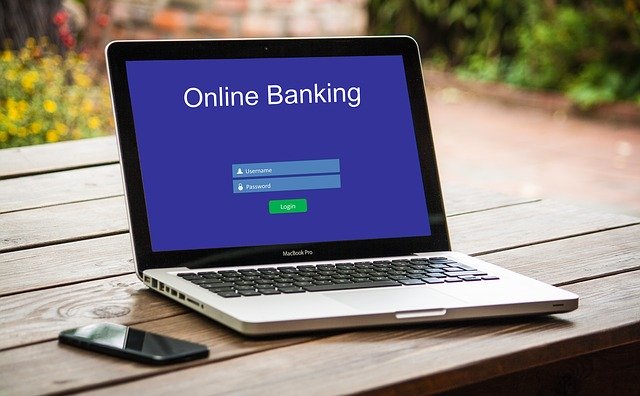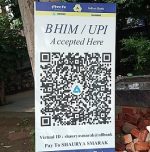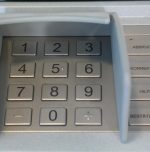Safety tips when using internet banking

Doing one’s banking on the internet has become increasingly common in our modern society. However, the movement of the banking system to the web has not decreased the amount of criminals stealing from people’s accounts. Therefore, you must make your own extra security measures for your money, and here are ten essential tips on how to keep an online account safe:
•Make sure never to access your account while using internet over WiFi that is shared or unprotected. Also, never make payments with a debit or credit card when on such a WiFi. Such internet servers are prone to hackers and other forms of cyber-attacking.
•A useful security tip is to change your password on a regular basis. Make sure to keep personal information such as names of close relatives or your date of birth out of your password. Also be sure to have different passwords for each account, and each must be a “strong password” (containing both capital and lowercase letters, numbers, and/or special characters).
•Never sign into your bank account via an emailer. This is almost certainly a cybercriminal’s trap; often these emailers send links to websites that are replicas of one’s bank account. Likely, this will cause a virus on your computer, so be sure to stay clear of emailers’ bank account links.
•Make sure that when you log into your bank account, the website contains a URL beginning with “https”. The “s” at the end is a security measure, showing that this in an encrypted website.
•As a further safety measure from hacker invasions, always log out of your bank account after completing all transactions. For even more security, close the entire browser cache after the transactions as well.
•Make sure to only use the bank’s official app when on a mobile device. Also, when downloading the app, be sure to do it from official stories, like the Apple App Store or the Google Play Store. Make sure to avoid aggregator apps that claim to provide views across banks, since they often contain viruses and other malware.
•A basic security measure is always keeping your computer anti-virus updated. Although this measure is not foolproof, it is a definite help at guarding online bank accounts against hacking.
•Similar to the situation with WiFi networks, make sure to never access your bank account or perform transactions when on a shared or public computer. There are risks of both malware in these computers and keyloggers who could save your added information. Additionally, make sure not to leave your computer unattended when making a transaction.
•When doing transactions, make sure to look for the padlock icon. Look in the upper or lower right corners for the closed lock, and if it is present, the site you are using is secure.
•Never transfer funds or share details of your account with an unknown or unvalidated source. Although you may get attractive offers through emails asking for money transfers or account details, these are often online criminals out to empty your account. Doing this is also illegal, so not only will you lose your money, you could also be put in jail.
Image by Tumisu from Pixabay (Free for commercial use)
Image Reference: https://pixabay.com/fr/photos/les-services-bancaires-en-ligne-3559760/










Leave a Reply